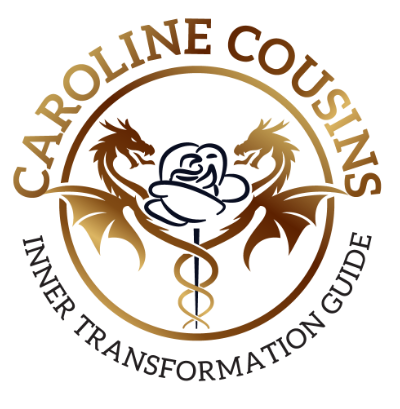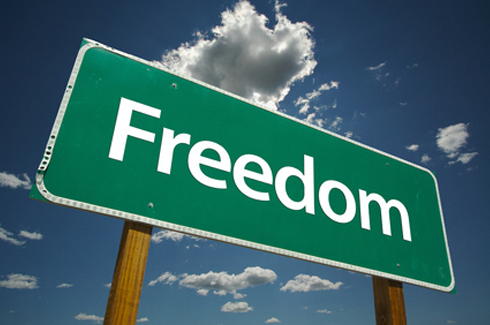The Covid-19 crisis has brought up a lot of emotions in people and brought out the best and the worst of human behaviour. We’ve seen people coming together, supporting neighbours and our NHS but we’ve also been witness to a significant amount of anger and injustice in recent months, both in this country and abroad.
One theme that appears to be surfacing strongly is that of freedom, where people feel their right to choose how to live is being taken away by wearing masks, for example, yet it is an advisory regulation from the various governments across the world in an attempt to stem the spread of disease. Whether it works or not is still under dispute and I don’t want to get into the political nuances of it, but it has been interesting to see how much people have felt that their freedom has been taken away.
Freedom is really a state of mind. We can be in a situation that is restricting but how we perceive or view that situation is what determines the level of freedom we have. We cannot control what life brings us but we can control our response to it. If we drop the resistance to a situation and surrender fully to the moment, we move into choice and this is where our freedom lies.
We may not want to be in a certain situation, or be told what to do (after all, who does?), but the moment we stop “fighting” it and accept it is what it is, we start to think differently about it. We fight in order to find some modicum of control in our environment rather than being told what to do and perceive having our freedom removed from us. The irony is the moment we surrender we regain control because then we learn to adapt and decide how to feel about it, which takes us out of victim mode and into a place of empowerment. How we react or think about any person or situation is what determines whether we are a prisoner to the past or living consciously.
Getting frustrated or angry or holding onto judgements about a person or situation will only create an internal state of disharmony. It’s easy to get stuck in negative thinking patterns of anxiety, anger, injustice and blame and the best way out of these is to move our focus on to what we have to be thankful for. It can shift us immediately out of a downward spiral into one of gratitude and harmony in seconds.
As printed in the AD&T regional paper on 14th August 2020, by Caroline Cousins





